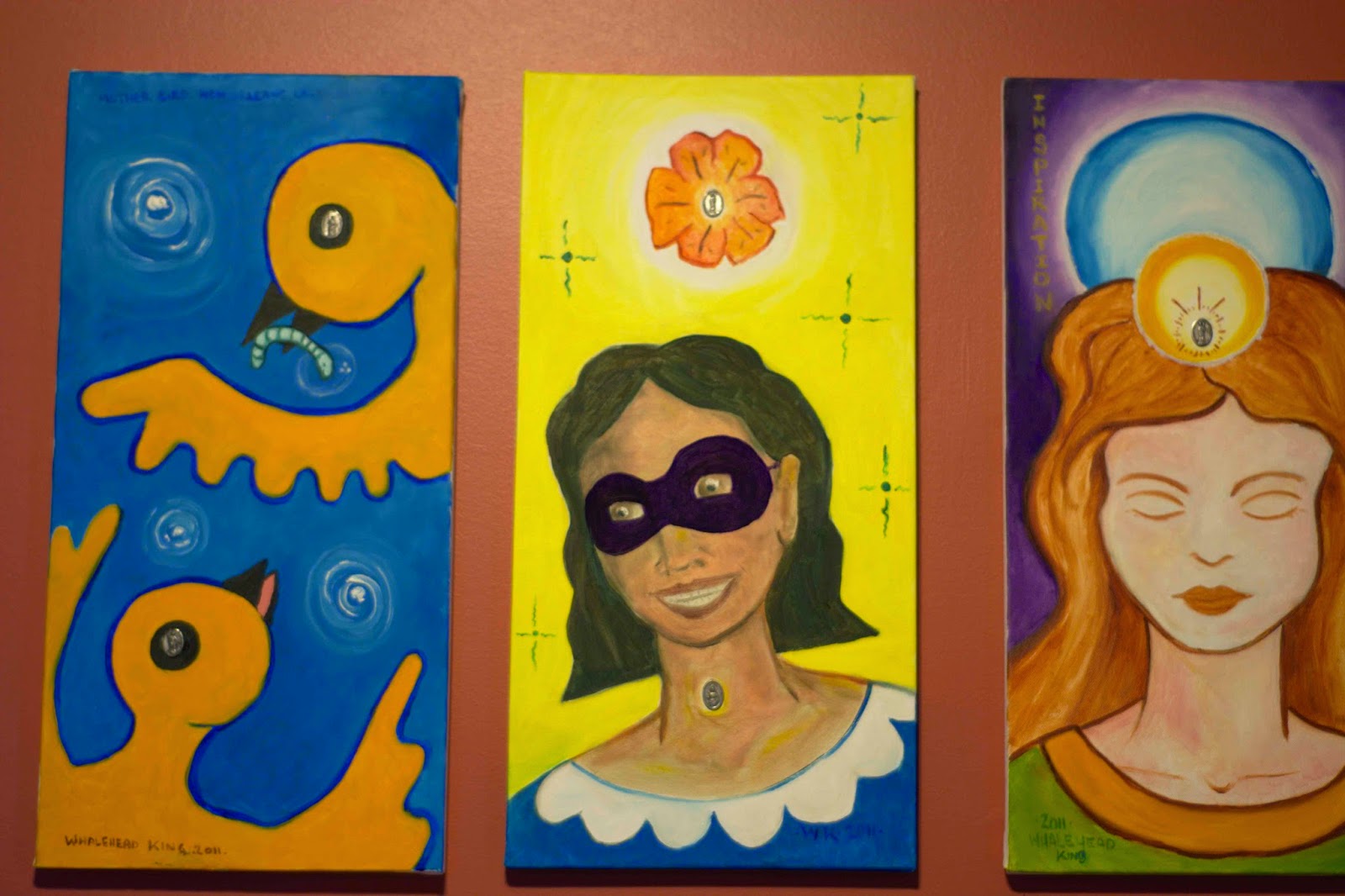I can't blame her. We were in New Orleans in late June, still weeks away from the smothering embrace of summer. But it was hot and no fooling. And indeed, part of our orientation at the bed and breakfast that was to be our home for five nights included the express instruction to leave doors and windows closed lest the proprietors find they are pumping cold air out to Esplanade Avenue, presumably at considerable expense. So we too slept with the windows shut. But we relished the heat at other times, let it slow us down and force a languid rhythm to the day, a rhythm perhaps common to the tropics but a bit foreign to us in Alaska.
We were in New Orleans with no agenda, meeting my parents for a chance to visit and catch up while seeing a new-to-us part of the world. We spent the first four nights in the city, then set off for a two-day road trip around the lower Mississippi river, poking about isolated sugar cane in Louisiana and antebellum homes in Natchez, Mississippi before returning to New Orleans for one more night. It was my first time in the area, and I'm wondering now how it took me so long to get there? And when do I get to go back?
If the quality of a place is measured by the number of "good mornings" heard, or passing conversations about the weather had, on any walk taken further than the bathroom, then the deep south wins. These people do friendly right. Likewise if the unit of measure is brass bands. New Orleans falls off the map entirely if the important factor is the quality of sidewalk repair and upkeep, but I'm not so sure that that matters to me. What does matter is food, and this place takes food seriously and does food well. Better than most. And as near as I can tell, food is the single most important factor in the average resident's day. After learning you are visiting, do the strangers you meet want to know what you did in their city? No, they want to know what you ate. "You had a po'boy yet? Where at? Parkway? Yeah? Now you liked you that po'boy." The final pronouncement made as fact. After all, there can be no question but you liked you a po'boy from Parkway. Our cab driver on the ride to the airport summed it up nicely: "Going home? Oh, you're going to miss the food!"
I'll miss the brass bands too. And Spanish moss. And the stories about union soldiers haunting homes to this day, standing guard over stains of their own blood that have worked into wooden flooring and cannot be removed. We saw the stains at a plantation near Cheneyville, Louisiana, though I couldn't tell you if they were really blood. We never saw doors open on their own or hear foot steps crossing empty rooms. But why muddy southern Gothic romance with observation?
New Orleans doesn't feel like any place else. It is the kind of town where you can look up to see a devil, red face paint and horns providing the finishing touch to a body suit and cape, commuting by bike, waving with vigor at three gentlemen exiting a church. I assume he was touring New Orleans' many houses of worship, but he may have just been on his way to dinner. We couldn't find a Starbucks (though we didn't really look). Unlike Anchorage, I can't imagine the city getting excited about news that an Olive Garden is coming to town. It was a refreshing change of pace.
And the pace is likely dictated by the heat. I'll miss the heat. And maybe I'll miss the fact that we were on vacation, which is always more fun than going to work. But definitely the heat. Because sometimes you need the sensation of skin crawling away from the sun's relentless push, wiping sweat off of your face, welcoming a sudden breeze and a shade-draped sidewalk providing unexpected relief. After all, we sleep with the windows sealed shut at home too, though it has nothing to do with air conditioning.
Some pictures and captions follow.
We hit the tourist high-points in New Orleans, like riding the St. Charles streetcar:
And visiting Jackson Square:
And having beignets at Café Du Monde:
And finding all of those neighborhoods that haven't succumbed to gentrification:
We watched the moon rise above the French Quarter:
And we drank absinthe, which apparently put me and C in a reflective state of mind:
Outside the city, we went exploring beyond the levies on the way to Loyd Hall Plantation and found a community built on 40 foot stilts and a rotting paddle wheel boat:
And we admired the Big Muddy in both Natchez and New Orleans:
But mostly we drank coffee and sat in our rooms admiring the art work:
Until next time.




















No comments:
Post a Comment